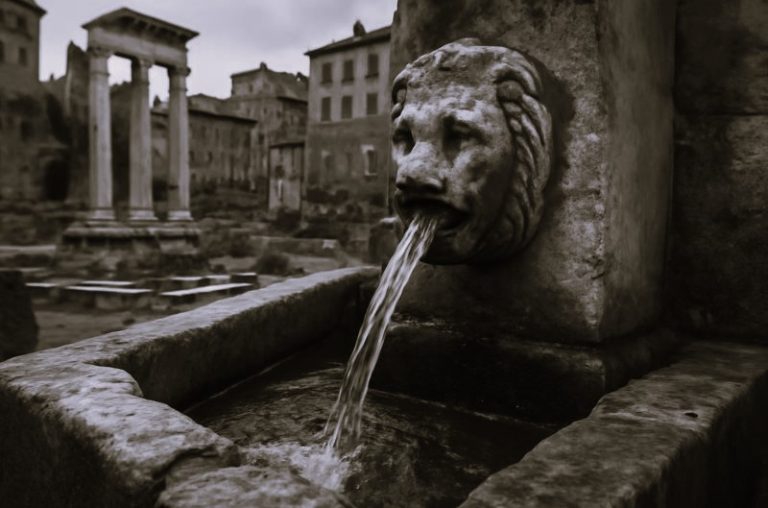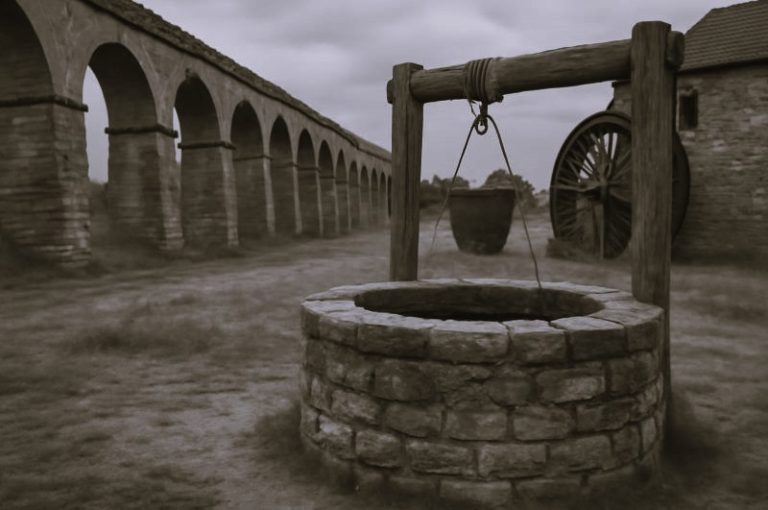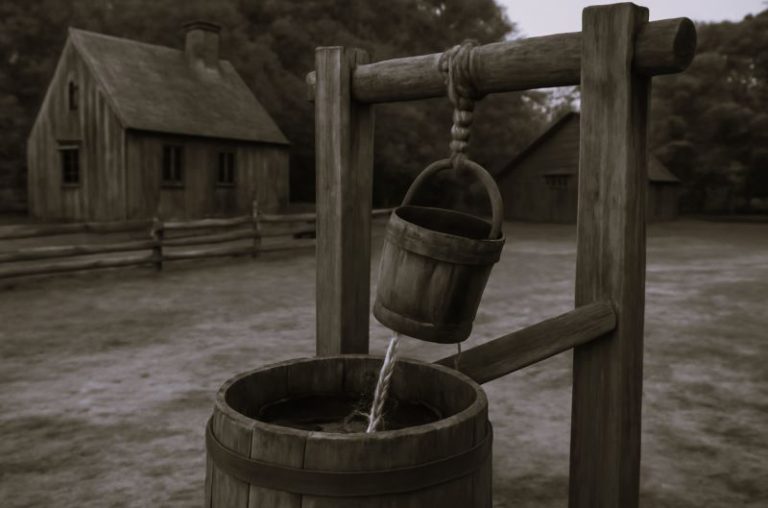
Americans cannot lose faith in democracy even as they face the consequences of the current circumstances.

By Larry Garber
Senior Associate
Center for Strategic and International Studies
Like many, I have frequently referenced the Churchillian quote that “democracy is the worst form of Government except all other forms that have been tried from time to time.” However, I have always wondered about the context of the quote. The source is a 1947 speech in parliament during a period when Churchill was the head of the opposition Conservative Party.
The quote is part of a lengthy intervention by Churchill during the debate over an amendment to the Parliament Bill of 1911, which limited the House of Lords’ ability to delay legislation passed by the House of Commons to no more than two years. The Labor Party, which had obtained a surprise majority in the first post-World War II election, was seeking to reduce this delaying power from two years to one year. According to the Conservative opposition, the Labor Party motive was to set the basis for more quickly nationalizing the steel industry, which would, in the Conservative view, radically and irrevocably transform the British economy.
The debate was framed by Churchill as implicating core concepts of democracy. Thus, he stated: “Democracy is not a caucus, obtaining a fixed term of office by promises, and then doing what it likes with the people.” More broadly, he argued that the “idea of a group of super men and super-planners, such as we see before us, ‘playing the angel,’ as the French call it, and making the masses of the people do what they think is good for them, without any check or correction, is a violation of democracy.” The famous quote then follows:
Many forms of Government have been tried, and will be tried in this world of sin and woe. No one pretends that democracy is perfect or all-wise. Indeed, it has been said that democracy is the worst form of Government except all other forms of that have been tried from time to time; but there is the broad feeling in our country that the people should rule, continuously rule, and that public opinion, expressed by all constitutional means, should shape, guide, and control the actions of Ministers who are their servants and not their masters.
As a quote, the last and less frequently referenced phrase is a wonderful affirmation of the democratic creed. However, reading through Churchill’s entire intervention suggests that, despite the noble language, his argument was much more a political response to the contemporary controversy than a broad statement of democratic principles. Churchill claims, for example, that “no free country of which I have heard up to the present, which is enjoying democratic institutions, has adopted single chamber Government.” According to Churchill, a second chamber ensures that the “persistent resolve of the people shall prevail without throwing the community into convulsion and disorder by rash or violent, irreparable action and to restrain and prevent a group or sect or faction assuming dictatorial power.”
Leaving aside the historical accuracy of his assertion regarding the presence of second chambers in all free countries, Churchill was seeking to prevent the majority of the elected body of parliament from enacting legislation by assigning “a largely hereditary branch of government to protect the liberties of the people,” at least as he defined such liberties. Labor Party representatives responded that relying on such a body was, even in 1947, an “anachronism,” and should be replaced by the broader and more modern conception of popular sovereignty.
Ultimately, the Labor Party prevailed on the issue of reducing the delaying power of the House of Lords. The Iron and Steel Law was passed into law, but ironically without the House of Lords seeking to delay the effort even for the now prescribed one year. And, despite other reforms to the composition of the House of Lords during the past six decades, this unelected and seemingly anachronistic second chamber retains the authority to delay, but not preclude, the adoption of laws approved by a majority of the House of Commons.
Democracy is messy and, at times, seems quite dysfunctional. Moreover, the definition of what constitutes a democracy, and whether certain practices are consistent with democratic norms and values, are often subject to quite heated debate in the academy and among the general public. This is true whether the practice involves granting hereditary bodies with a constitutional role in approving, disapproving or delaying legislation, or allowing a small group of legislators in one branch of Congress to shut down the government and threaten an economic calamity unless their demands are accepted. Yet, the Churchill quote remains powerful precisely because, despite all these challenges and the frequent public frustrations with encountering democratic realities, Americans have yet to find a palatable alternative form of government that better serves U.S. interests and more effectively protects U.S. liberties.
Originally published by LobeLog, 01.17.2019, based at the Institute for Policy Studies, a program of Open Society Foundations, under the terms of a Creative Commons Attribution-NonCommercial-NoDerivs 3.0 Unported license.







